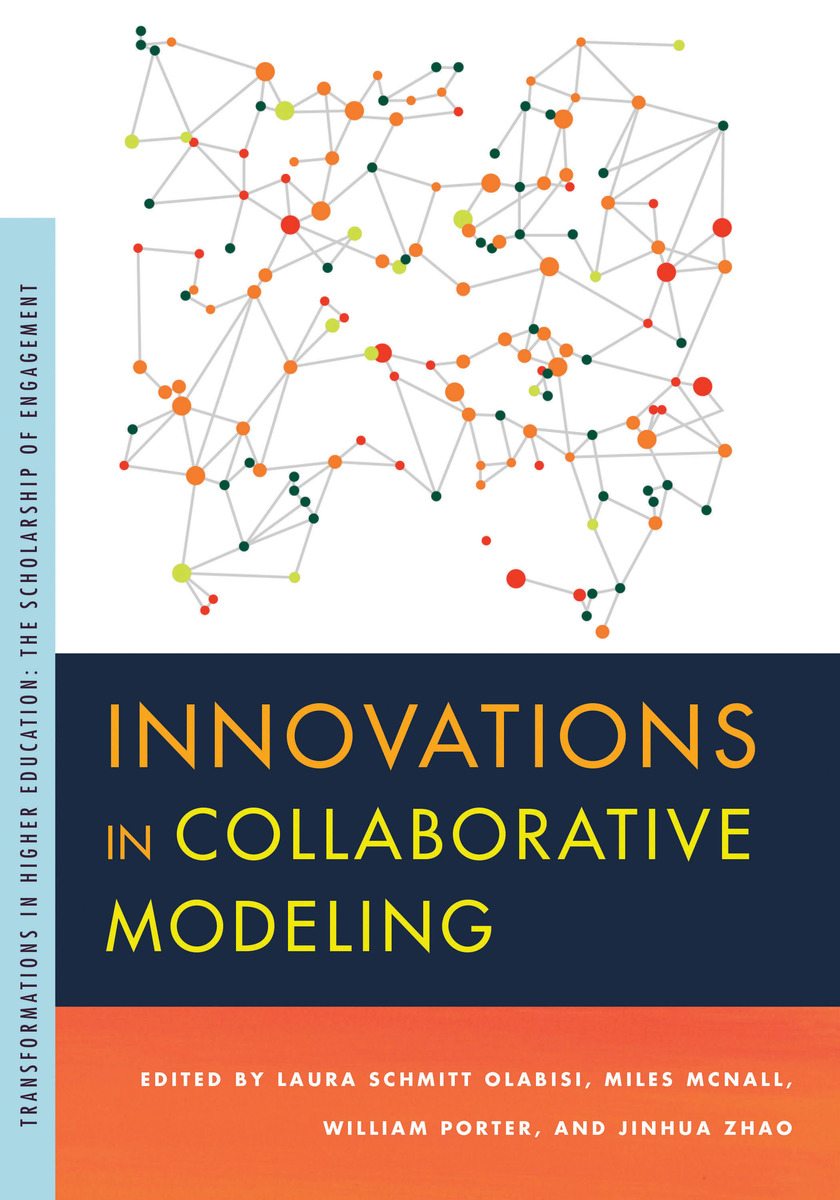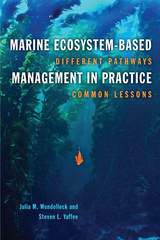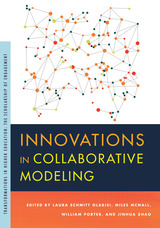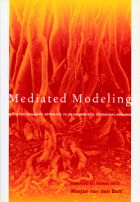Innovations in Collaborative Modeling
Michigan State University Press, 2020
Paper: 978-1-61186-354-3 | eISBN: 978-1-62895-391-6
Library of Congress Classification GE40.I56 2020
Dewey Decimal Classification 304.2011
Paper: 978-1-61186-354-3 | eISBN: 978-1-62895-391-6
Library of Congress Classification GE40.I56 2020
Dewey Decimal Classification 304.2011
ABOUT THIS BOOK | AUTHOR BIOGRAPHY | REVIEWS | TOC | REQUEST ACCESSIBLE FILE
ABOUT THIS BOOK
Collaborative applications of a variety of modeling methodologies have multiplied in recent decades due to widespread recognition of the power of models to integrate information from multiple sources, test assumptions about policy and management choices, and forecast the future states of complex systems. However, information about these modeling efforts often is segregated by both discipline and modeling approach, preventing modelers from learning from one another. This volume addresses the need for cross-disciplinary and cross-methodological communication about collaborative modeling. To enhance a shared understanding of systems problems, scientists and stakeholders need strategies for integrating information from their respective fields, dealing with issues of scale and focus, and rigorously investigating assumptions. The chapters in this volume first explore modeling methodologies for enhanced collaboration, then offer case studies of collaborative modeling across different complex systems problems. The volume will be useful for experienced and beginning modelers as well as scientists and stakeholders who work with modelers.
See other books on: Environmental sciences | Innovations | Methodology | Research | Social Science
See other titles from Michigan State University Press


























